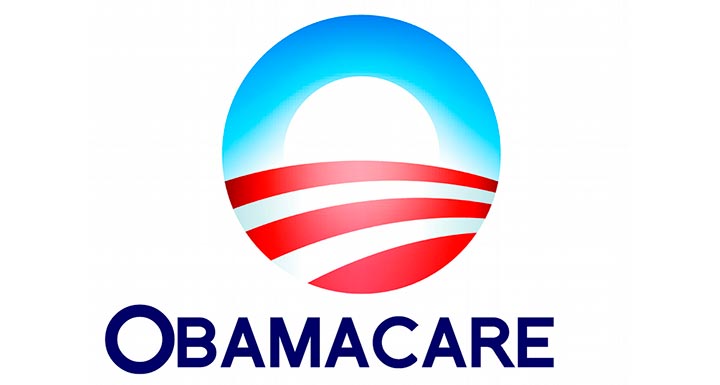
SCOTUS agrees to hear Obamacare challenge; how this will impact Florida
The Supreme Court of the United States on Friday agreed to hear a lawsuit that challenges insurance subsidies made available under the Patient Protection and Affordable Care Act for those who purchase health insurance through a federal exchange.
The case-King v Burwell-challenges the legality of the premium subsidies in states–such as Florida– that did not establish their own health insurance exchanges. A portion of the law notes that the subsidies are available to people who enrolled “through an exchange established by the state.”
Exchanges–and the accompanying subsidies– are a centerpiece of the federal health law. The exchanges help those who qualify for Obamacare plans shop for coverage and also help individuals receive premium tax credits or cost sharing reductions. The exchanges also help steer people who are eligible for Medicaid into that program. Nearly 1 million Floridians had enrolled in Obamacare through a federal exchange, numbers released by the federal government show.
Gov. Rick Scott ran on an anti-Obamacare platform in 2010 when he was elected and his administration — as well as the Republican-led Florida Legislature — did not spend the grant money, which was applied for under former Gov. Charlie Crist.
Florida has steadfastly opposed implementation of the law over the last four years. It was a lead plaintiff in the first legal challenge over the federal health law and the state refused to accept upward of $5 billion to expand Medicaid coverage to more than 1 million Floridians and the Legislature refused to implement a state-run insurance exchange. Moreover, the Legislature passed a law that prevents Florida’s insurance commissioner from regulating health insurance rates until plan year 2015.
There is one last round of grant funding available for states that did not establish their own planning grants. The application deadline is November 15, 2014. Phone calls from the governor’s press office were not immediately returned.
“Regardless of what Florida could do in theory, the reality is that the state hasn’t taken a single step in that direction and continues, instead, to focus on obstructing the (federal law) rather than implementing it,” said Florida CHAIN policy director Greg Mellowe. CHAIN is an advocacy group that supports universal access to affordable health care.
Friday’s decision by the court to hear the case followed a scheduled private discussion about the case, Modern Healthcare reported. It was the second time justices conferenced about the case. They took no action after the initial conference on October 31.
(From the: Saint Peters Blog)


